Depth of Reflection
Demonstrated a keen, thorough understanding of the writing prompt, wrote the essay quite eloquently, and illustrated a superb understanding of the essay’s subject matter.
Demonstrated a thoughtful understanding of the writing prompt and wrote the essay well, and illustrated a good understanding of the essay’s subject matter.
Demonstrated a basic understanding of the writing prompt and wrote the essay blandly, and illustrated only a decent understanding of the essay’s subject matter.
Demonstrated a very limited understanding of the writing prompt and wrote the essay poorly, and also illustrated a poor understanding of the essay’s subject matter.
Demonstrated little or no understanding of the writing prompt and wrote the essay very poorly, and illustrated virtually no understanding of the essay’s subject matter. The essay needs heavy revision and assistance from a writing tutor or instructor.
Use of textual evidence and historical context
Used specific and convincing textual evidence (usually from texts studied in the course in which the assignment was given) to support all claims and make insightful and relevant connections.
Used relevant examples from studied texts to support most claims and make many insightful and relevant connections.
Used weak, flawed examples from studied texts to support some claims and make few insightful and relevant connections.
Used incomplete or vaguely developed examples from texts, with only partially supported claims, which made little or no relevant connections being made.
No examples from texts studied in the course were used. Claims were not supported and were irrelevant to the topic being discussed in the essay.
Used strong, precise language and efficient sentence structure to make a strong argument.
Used original, fluent language and a varied sentence structure to make a solid argument.
Used basic but appropriate language, as well as a limited sentence structure, to make a comprehensible though flawed argument.
Used weak and vague language, and poor sentence structure, to make a weak argument.
Used unsuitable language, elementary-level sentence structure, and made no argument.
Demonstrated a mastery of the conventions with no or very few errors while using sophisticated language to convince the reader of the essay’s argument.
Demonstrated a relative control of the conventions, with occasional errors while using sophisticated language to mostly convince the reader of the essay’s argument.
Demonstrated a partial control of the conventions, making occasional, careless and preventable errors that do not hinder the reader’s comprehension of the essay’s main argument.
Demonstrated a very limited control of the conventions, making frequent, careless and preventable errors that could very well interfere with the reader’s comprehension of the essay’s main argument.
Demonstrated little or no control of the convention, making frequent and careless errors that certainly interfere with the essay’s main argument. Comprehension is virtually impossible. And the reader is left to read the essay without understanding what it is trying to say.
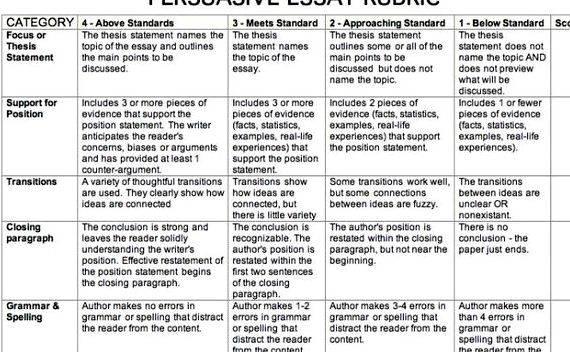
Reflection Paper Guidelines
Reflection and application are two critical components of the experiential learning cycle. The reflection paper is designed to encourage both of these processes while helping you move your understanding of various topics from theory to practice. Complete this assignment after you’ve finished your workshop, course, or conference and, ideally, after you’ve incorporated some of the content into your professional environment.
There’s some freedom to develop your reflection paper in the way that you want; however, there are guidelines and recommendations. The paper should be an original work between 3 and 5 pages (double-spaced) in which you:
- Demonstrate your understanding of the workshop content
- Reflect on its significance
- Discuss its application in a specific professional environment
A typical paper might demonstrate the experiential reflection questions of What?. So What? and Now What? Summarizing the workshop (What ?) should only be a preface to the real work of the paper. Discussing the significance of the workshop content (So What? ) and the actual or hypothetical application of the workshop content into your professional activities (Now What? ) are the core of the reflection. A paper might discuss the main themes, new information, and theories that you encountered and then discuss the use of the specific content from this workshop, conference, or course in the setting where you work. You can relay what you did (or intend to do), and then consider what worked well (or might work well), what was difficult, and what you would change or do differently next time around. While it’s appropriate to discuss the usefulness of the workshop content in your professional setting, an evaluation of the workshop itself or the presenter isn’t specifically part of this assignment.
Since the paper is expected to be original work if you incorporate quotations or material from other sources, it must be cited as such. The preferred style is the most recent edition of the Publication Manual of the American Psychological Association. For more information about APA style, visit the Lamson Library and Learning Commons Web site .
Generally, papers will be graded on the depth of reflection, the way that you incorporate both theory and experience, and the effectiveness of the written communication. The rubric for this assignment clarifies specific expectations for both reflection content and writing effectiveness.
Rubric for Reflection Paper
Download Rubric for Reflection Paper assignment after Project Adventure, High5 and other approved adventure learning experiences.
Examples of a Reflection Paper


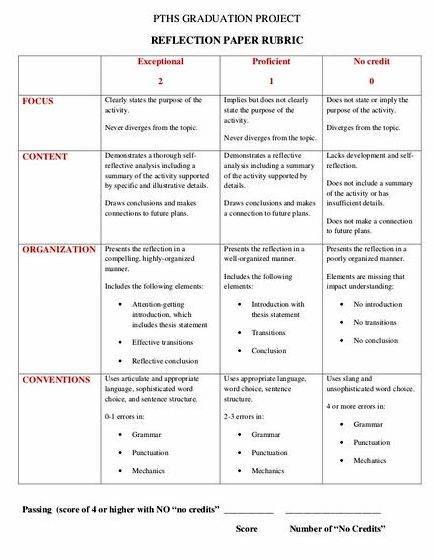

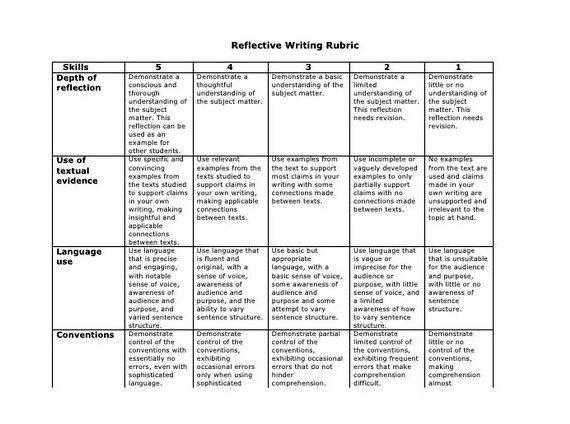

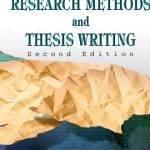 Different research methods in thesis writing
Different research methods in thesis writing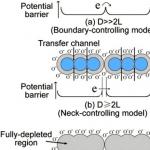 Metal oxide gas sensor thesis writing
Metal oxide gas sensor thesis writing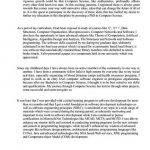 Scientific topics for thesis proposal
Scientific topics for thesis proposal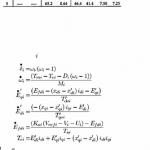 Power system stabilizer thesis writing
Power system stabilizer thesis writing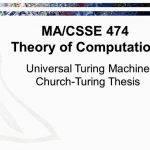 Wiki church turing thesis writing
Wiki church turing thesis writing






